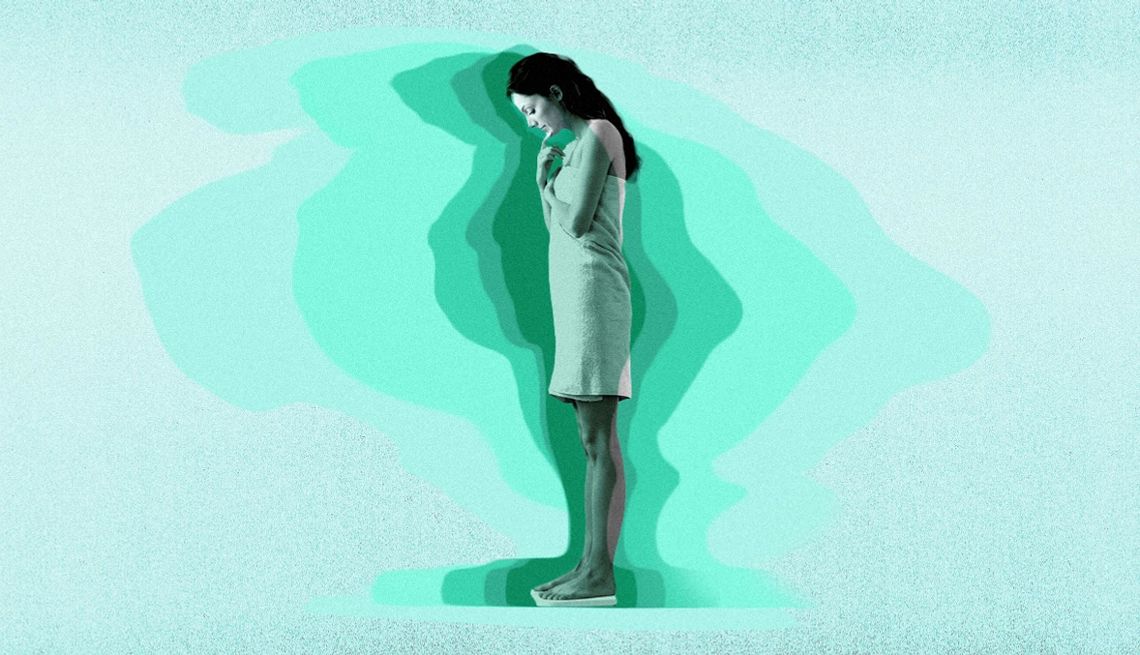
Can Older Adults Develop an Eating Disorder?
- Select a language for the TTS:
- UK English Female
- UK English Male
- US English Female
- US English Male
- Australian Female
- Australian Male
- Language selected: (auto detect) - EN
Play all audios:

Elena Lacey (Getty 1) Facebook Twitter LinkedIn
Until not so long ago, people with eating disorders fit a pretty specific stereotype: thin, white, weight-obsessed females who were — and this part is key — young. In fact, research shows
that until the 1980s, age figured prominently in the diagnosis of anorexia nervosa, one of the most common eating disorders.
You might’ve had all the symptoms of the condition — characterized by self-starvation and extreme weight loss — but if you were over age 30, you wouldn’t have met the criteria for an
anorexia diagnosis, as defined by the Diagnostic and Statistical Manual of Mental Disorders (DSM), the American Psychiatric Association’s so-called bible for diagnosing mental health
disorders. The prevailing wisdom: Only the young battle eating disorders.
Over the past decade, however, there’s been a shift. Clinics are seeing an increase in older adults seeking treatment for eating disorders, notes the National Council on Aging; not just
anorexia, but other types, as well, most notably binge eating (consuming unusually large amounts of food in one sitting) and bulimia nervosa (binge eating followed by purging). A review of
research published in Current Psychiatry Reports suggests that around 30 percent of people seeking treatment for an eating disorder are over the age of 45.
“Many people have the misconception that eating disorders are characterized by extreme thinness, primarily in younger women,” says Savannah Erwin, a postdoctoral fellow at the Center of
Excellence for Eating Disorders at UNC School of Medicine. “In fact, eating disorders can affect people of any age, body size, gender, sexual orientation, race and socioeconomic status.”
For some older adults, it’s a continuation of an eating disorder they’ve had all their life. More commonly, though, it’s a long-ago eating disorder that’s been triggered by a stressful event
— the loss of a partner, children leaving home, caring for aging parents, etc. — or another mental health condition, such as depression or anxiety.
Hormonal upheaval, like menopause, can also provoke an eating disorder. The authors of a 2023 research review, published in Current Opinion in Psychiatry, write that “what puberty is for
eating disorders in adolescence and young age is menopausal transition for midlife women.” Research even suggests that the more severe a woman’s menopausal symptoms are, the worse an eating
disorder can be.
And while women are far more likely than men to develop an eating disorder — 41 percent of women over 50 have current or previous eating disorder symptoms, according to the National
Association of Anorexia Nervosa and Associated Disorders — that doesn’t mean men are immune. Around 10 percent of people with anorexia and bulimia and a third or more of those with binge
eating disorder are male.
